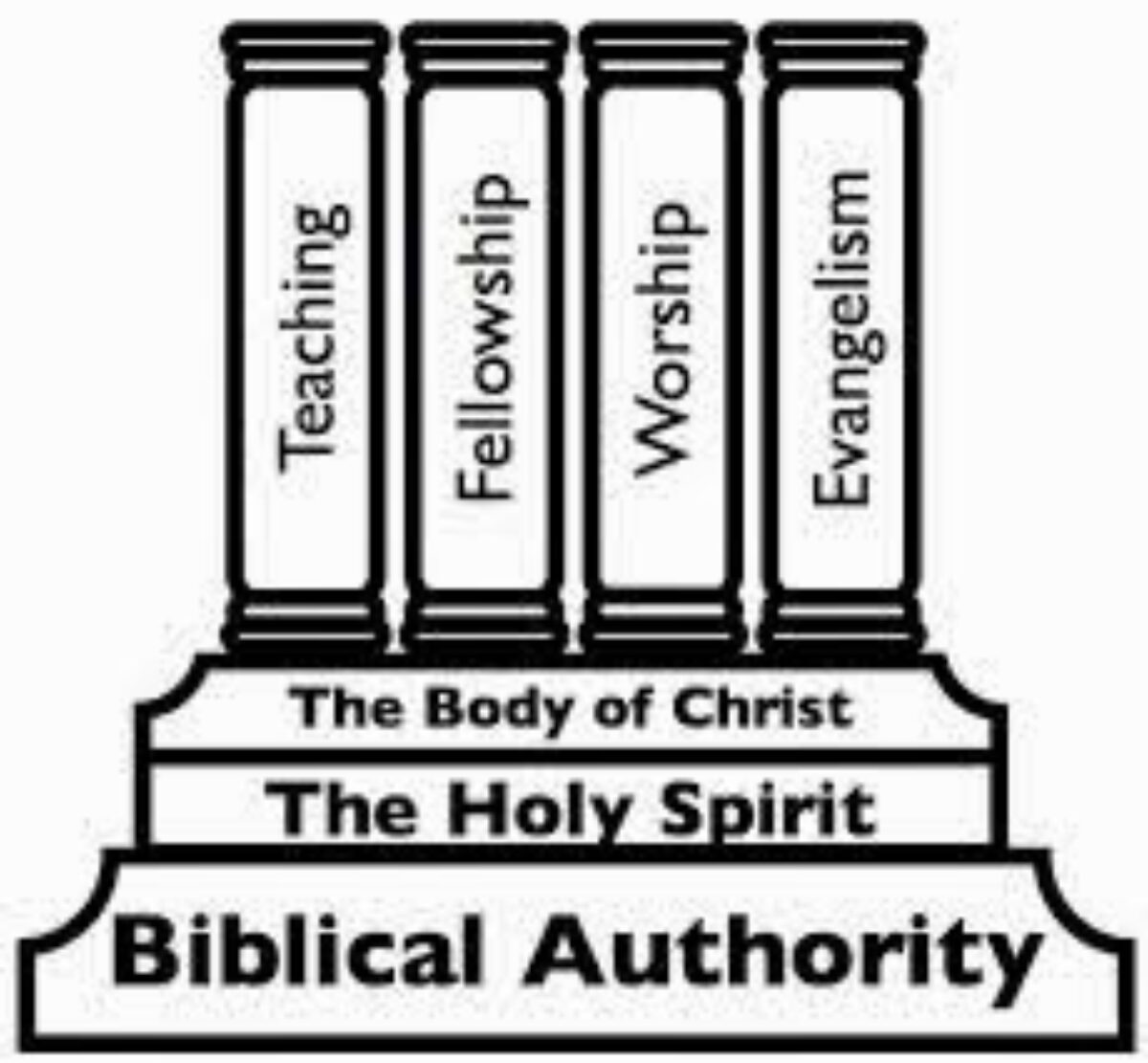Examining the legacy of John Emerich Edward Dalberg-Acton, (Baron Acton) a critical examination of political power and corruption. An English historian, journalist, and politician, Baron Acton was famous for his profound impact on the philosophy of liberalism and is one of the scholars who have studied the history of freedom, democracy, and religion. He is noted for his famous statement, “Power tends to corrupt, and absolute power corrupts absolutely.”
In our modern society, the concept of absolute power remains an important topic in discussions on authority and power relationships. The relevance of Baron Acton’s astute observation that “power tends to corrupt, and absolute power corrupts absolutely” cannot be overlooked. Man’s quest for power and control still forms the basis of many of our social, economic, and political structures, as evidenced by struggles for power in many sectors of society today. The impact of absolute power is evident in the actions and behavior of individuals who assume power and control without checks and balances. Such actions result in the abuse of power, corruption, and moral decay, with the innocent suffering in the process. Unchecked power is pervasive in various sectors, leading to negative consequential effects.
Thus, it is essential to heed Baron Acton’s wisdom and refrain from the allure of absolute power. Rather than pursuing absolute power, it is best to seek a balance of power, wherein biblical principles of humility, service, and the greater good, guide our actions. (Proverbs 21:21) Instructs us to focus on righteousness and kindness, to create a society that fosters growth, equality, and justice, thereby promoting the common good of all.
An authority system that is based on the belief that kings derive their power solely from God, may serve only to benefit those who hold power. Such a system fails to appreciate the moral nature of humanity and leads to the kind of pride that can be destructive. This belief is not rooted in the wisdom of Holy Scripture, which instructs us to be humble and to rely on God rather than on ourselves. Only by turning to God, can we overcome the egotism that is the stumbling block of humankind when left to its own strategies. We should always bear in mind that the supreme authority lays not in any human king or ruler, but in Jesus Christ, who is the genuine King of kings and Lord of lords.
God does not condone the idea of one person exerting absolute power over others, as it undermines moral uprightness and promotes selfishness. From a biblical perspective, genuine strength resides in humility. It serves as a counterbalance to the flesh’s corrupting tendency and counteracts narcissistic exploits.
Today, many world leaders with a self-centered intellectual mindset prioritize worldly power to fulfill their own interest, disregarding the importance of divine provision. Nonetheless, they eventually come to realize that they cannot achieve true fulfillment without God. Nothing transcends God’s influence. Christ holds the ultimate power behind the throne.
Proverbs 21:21
New International Version
21 “Whoever pursues righteousness and love finds life, prosperity and honor.”
Proverbs 21:21
King James Version
21 “He that followeth after righteousness and mercy findeth life, righteousness, and honour.”
Proverbs 21:21
Living Bible
21 “The man who tries to be good, loving, and kind finds life, righteousness, and honor.”


